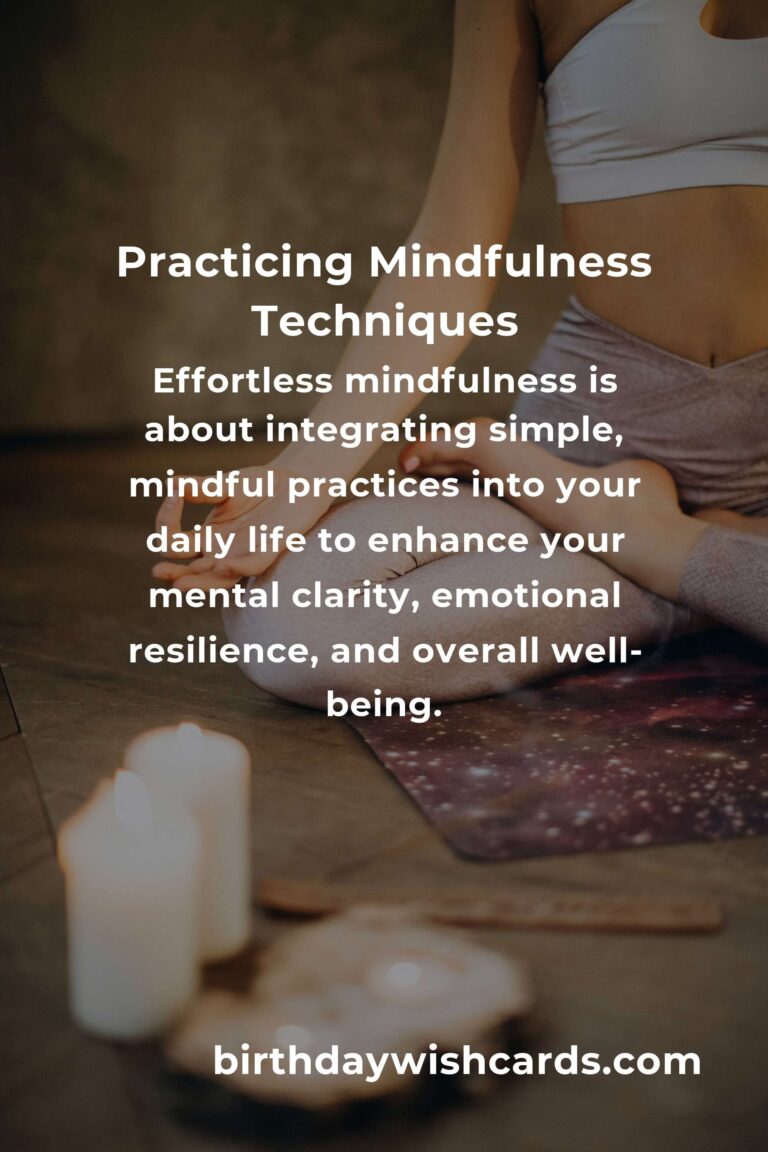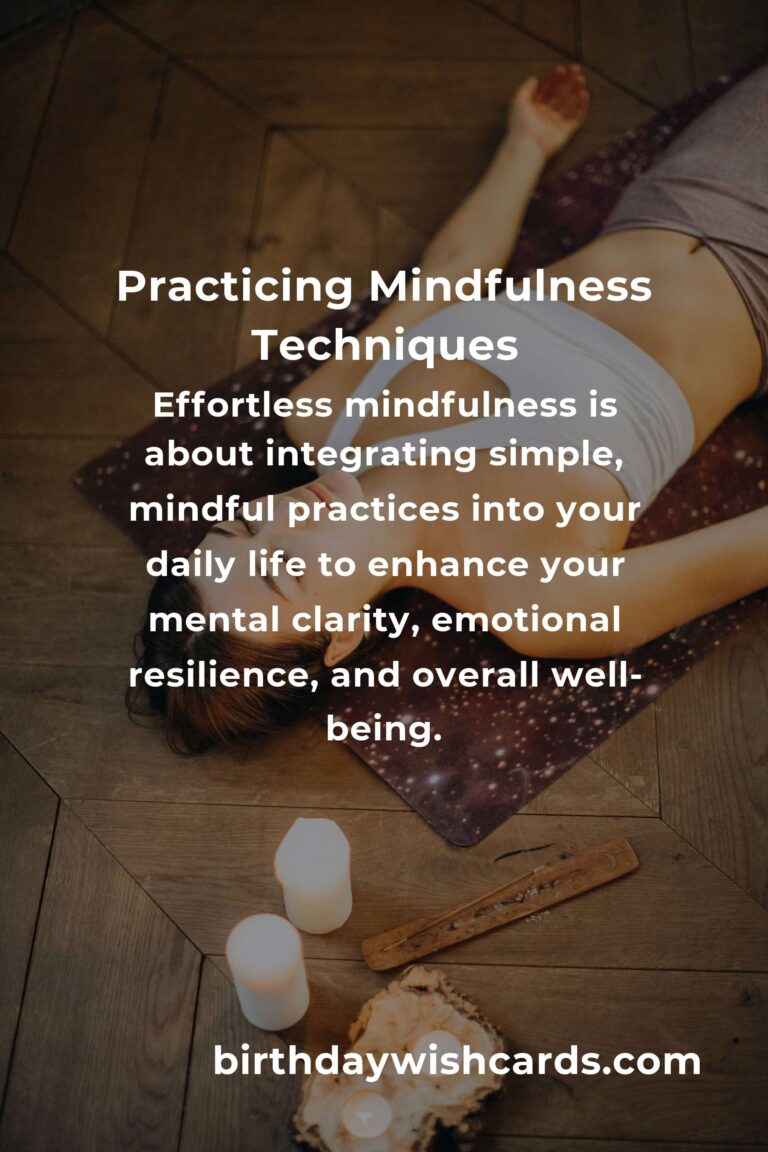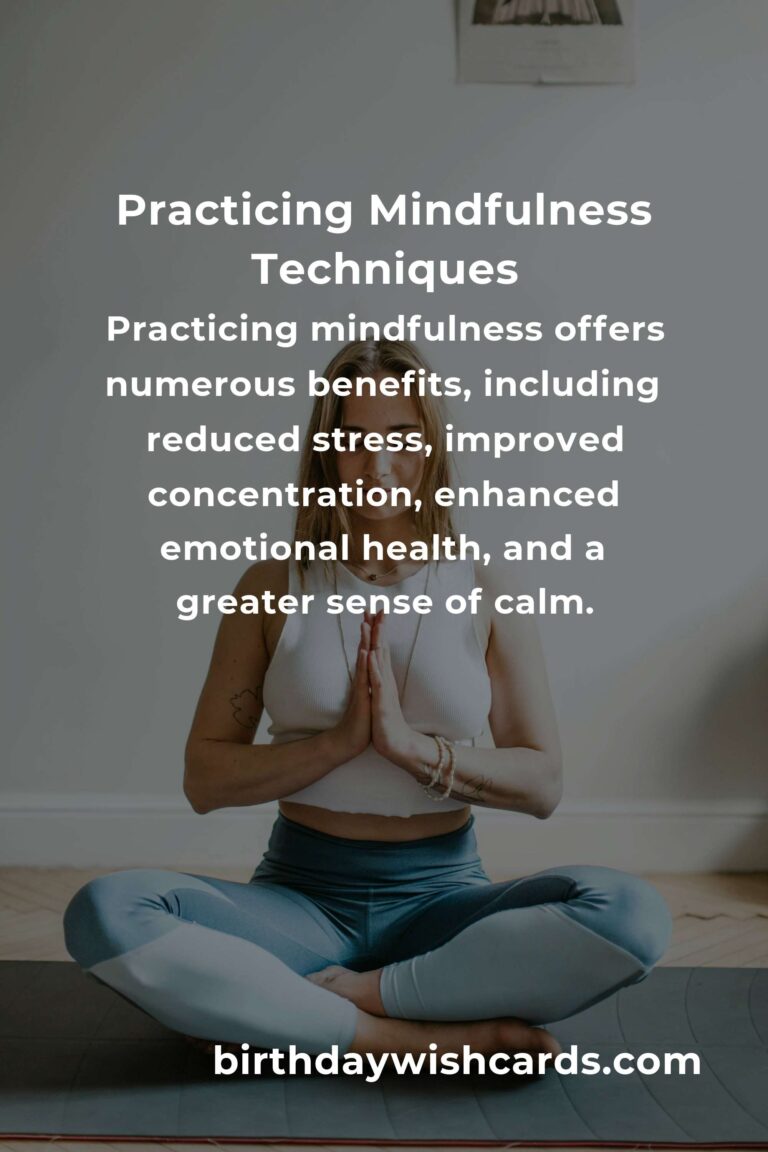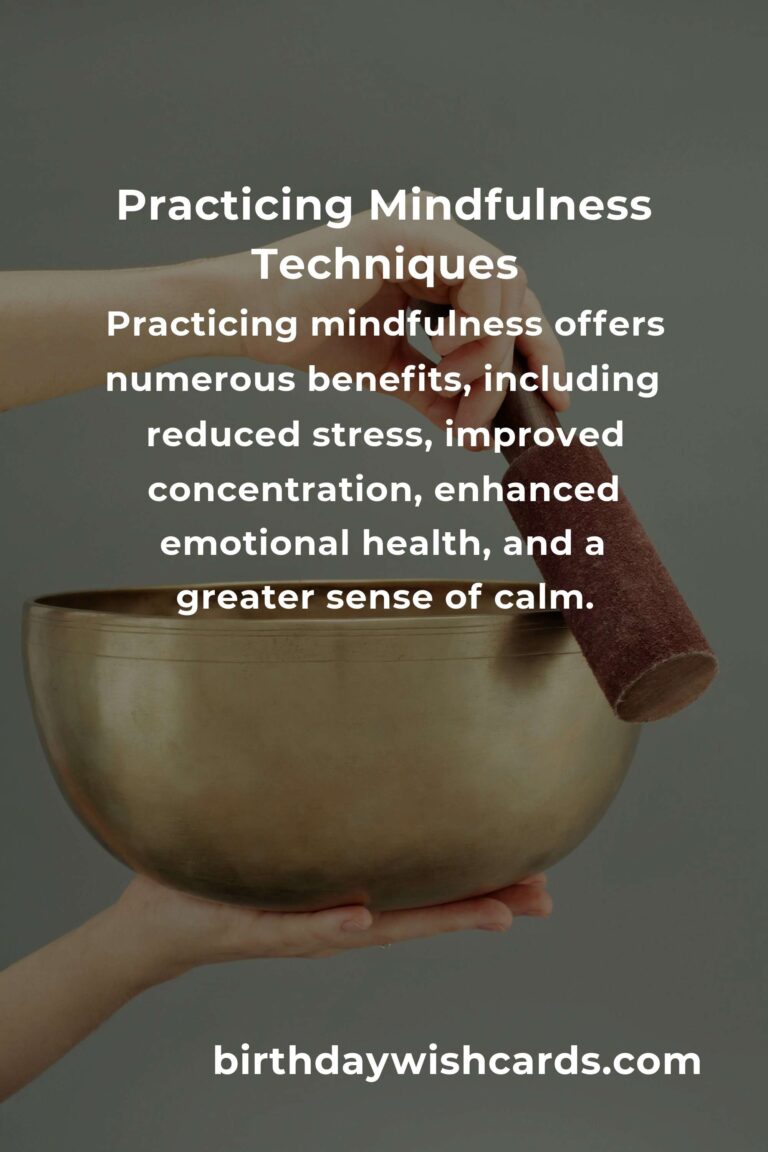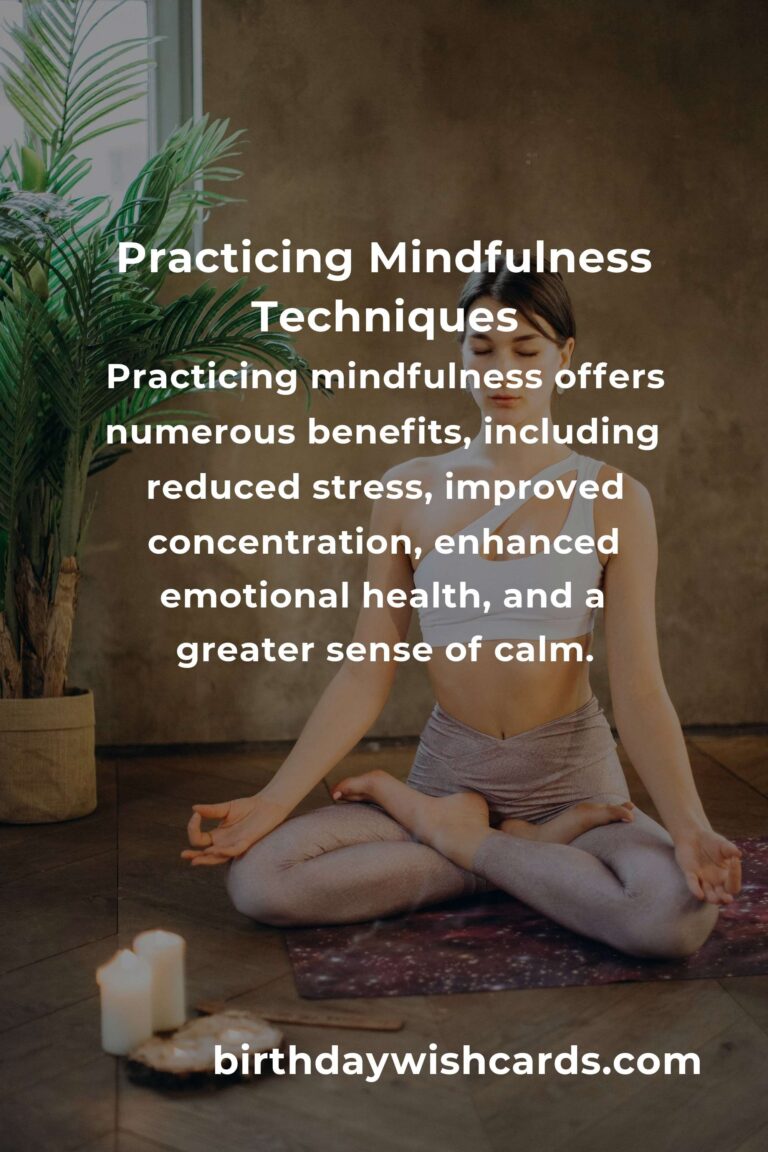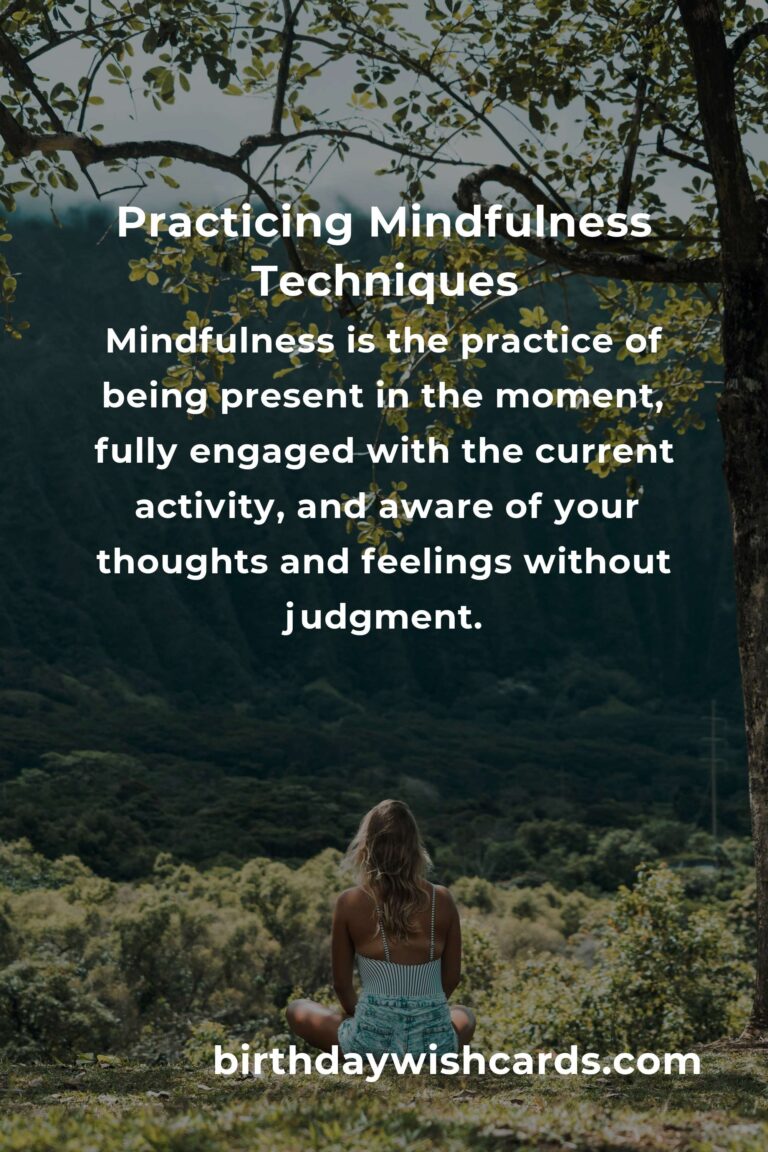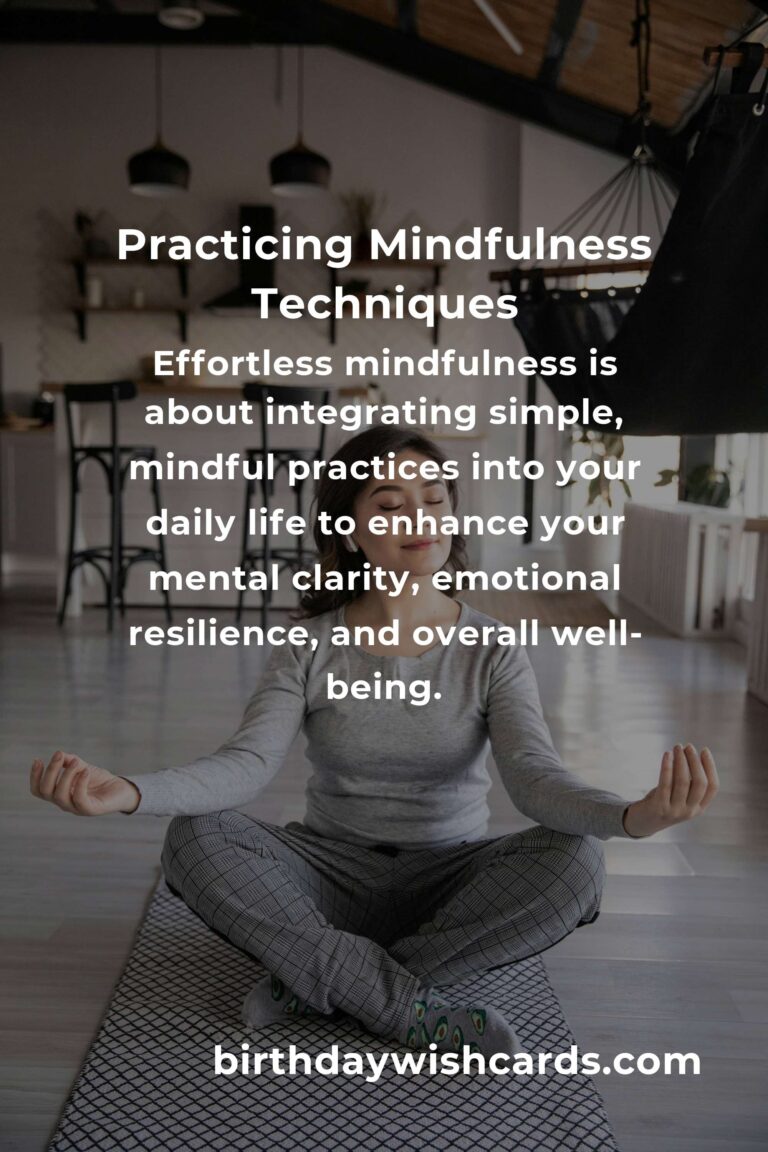
Mindfulness is a practice that has gained immense popularity across the globe due to its profound impact on mental health and overall well-being. In this ultimate guide, we will explore effortless mindfulness techniques that can be seamlessly integrated into your daily routine to enhance tranquility and focus.
Understanding Mindfulness
Mindfulness is the practice of being present in the moment, fully engaged with the current activity, and aware of your thoughts and feelings without judgment. It is about experiencing life as it unfolds, rather than being caught up in the past or anxious about the future.
Benefits of Mindfulness
Practicing mindfulness offers numerous benefits, including reduced stress, improved concentration, enhanced emotional health, and a greater sense of calm. It can also lead to better sleep, increased self-awareness, and improved relationships.
Effortless Mindfulness Techniques
1. Breathing Exercises
One of the simplest ways to practice mindfulness is through conscious breathing. Focus on your breath as it flows in and out, noticing the sensation of air entering your nostrils and filling your lungs. This can be done anywhere and at any time, helping to anchor your mind and bring a sense of calm.
2. Body Scan Meditation
A body scan meditation involves mentally scanning your body from head to toe, paying attention to any sensations or areas of tension. This practice encourages relaxation and helps you become more attuned to your physical state.
3. Mindful Walking
Mindful walking is about walking slowly and deliberately, paying attention to each step and the movement of your body. Feel the ground beneath your feet, the rhythm of your steps, and the environment around you. This can transform a mundane walk into a meditative experience.
4. Mindful Eating
Eating mindfully involves savoring each bite, noticing the taste, texture, and aroma of your food. It encourages you to slow down and appreciate your meals, leading to better digestion and a more satisfying eating experience.
Incorporating Mindfulness into Daily Life
To make mindfulness a habit, start by setting aside a few minutes each day for practice. Gradually increase the duration as you become more comfortable. Use reminders, such as phone alarms or sticky notes, to prompt mindfulness throughout the day.
Overcoming Challenges
Many people find it challenging to maintain a mindfulness practice due to distractions and a busy schedule. It’s important to be patient and gentle with yourself, recognizing that mindfulness is a skill that develops over time through consistent practice.
Conclusion
Effortless mindfulness is about integrating simple, mindful practices into your daily life to enhance your mental clarity, emotional resilience, and overall well-being. By dedicating time to be present and aware, you can transform your life and experience greater peace and fulfillment.
Mindfulness is the practice of being present in the moment, fully engaged with the current activity, and aware of your thoughts and feelings without judgment. Practicing mindfulness offers numerous benefits, including reduced stress, improved concentration, enhanced emotional health, and a greater sense of calm. Effortless mindfulness is about integrating simple, mindful practices into your daily life to enhance your mental clarity, emotional resilience, and overall well-being.
#Mindfulness #MentalHealth #WellBeing #StressRelief #Tranquility

